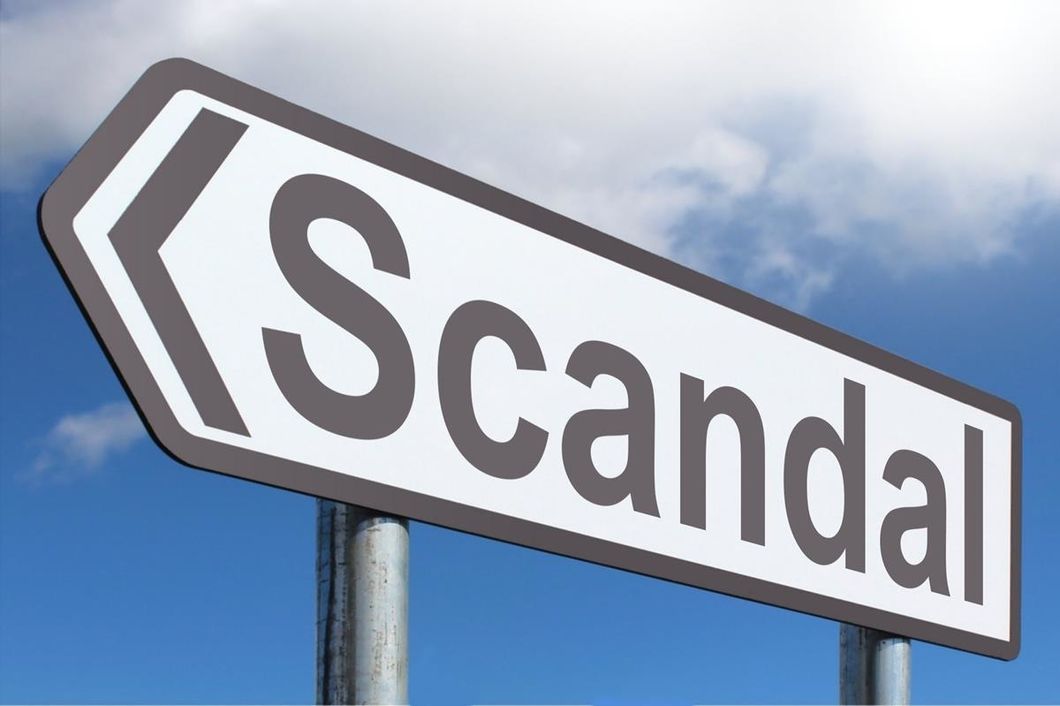For some reason, it has only recently come to light that YouTube has committed a big no-no involving their censorship policies. Smaller accounts featuring transgender/LGBTQ+ content found that their videos have been demonetized, or otherwise removed from the recommended pages of even their most loyal subscribers. After years of complaints, a group of creators has filed a lawsuit against YouTube and its parent company, Google.
In the past, YouTube has been accused of censoring certain conservative content, including that of PragerU's channel in 2017. Now they have extended their strict censorship policy to the more liberal end of the spectrum, and 5 sets of YouTubers--GNews! producers Celso Dulay and Chris Knight, Bria Kam and Chrissy Chambers, Brett Somers of WattsTheStanford, trans YouTuber Chase Ross, and Queer Kid Stuff creator Lindsay Amer--are accusing the platform of:
- Using algorithms that unfairly demonetize videos about LGBT issues by flagging them as "shocking," "inappropriate," "offensive," and "sexually explicit" and therefore not appropriate for advertisers.
- Blocking LGBTQ creators from purchasing ads on other videos.
- Allowing homophobic reaction videos intended to mock and bully specific YouTubers to stay online and make money, while demonetizing videos uploaded by those who have been harassed.
- Letting anti-LGBTQ ads run before their own videos
- Recommending anti-LGBTQ videos in the "Up Next" section after their video is played, while excluding those from LGBTQ creators. (Forbes)
The parties suing YouTube/Google claim their videos were labeled as "shocking content" or put under "Restricted Mode" simply for mentioning being "gay," "lesbian," "bisexual," or "transgender." The situation gets messier when these creators get harassed in videos made about them, which interestingly stay monetized. Queer Kids Stuff creator Lindsay Amer (non-binary; they/them) told Forbes that "YouTube allowed homophobic harassment in the comments section of their videos after neo-Nazi website The Daily Stormer posted about them."
Amer says it got to the point where they had to "disable comments altogether in order to block more than 10 different spellings of the word 'pedophile.'" Disabling comments hurts channels financially because engagement in the comments section is a metric YouTube uses to measure a video's popularity.
This all silences smaller accounts' voices, but how do we know the entire LGBTQ+ community isn't being completely censored?
James Charles, of course. James is close friends with Susan Wojcicki, YouTube CEO since 2014. This gives him the in, because the company sees increased potential for revenue from his videos. Demonetizing smaller accounts is safer for them, since they aren't generating as much revenue as James Charles, who would leave a huge dent in profits if he were to get demonetized.
The problem is, the community needs more than a Pinkity Drinkity makeup tutorial or eyeshadow palette. What the already oppressed members need is a safe space. Oftentimes, there are younger children or adolescents specifically looking for this content, and when these smaller, more genuine accounts get demonetized simply because someone sits in front of a camera and shares their coming-out story for moral support, those kids are left even more in the dark. They might not have a supportive environment. They might not know how to express themselves. They might be confused about their own identities and look up to certain YouTubers for inspiration and self-confidence.
This inconsistency in censorship not only damages creators financially and viewers emotionally, but also shows how flimsy YouTube's policies are. There are so many loopholes to keep videos from getting demonetized, yet strangely they don't care when 13-year-olds post videos of themselves in revealing clothing. These accounts get them revenue. It's a shame that this industry is all about money now rather than fostering freedom of speech, ideas, and inclusivity.





















